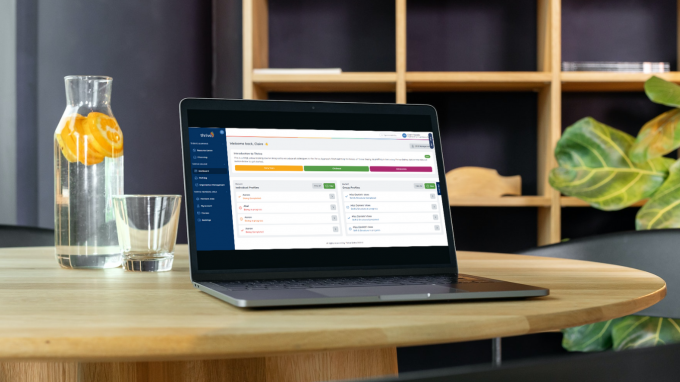Approaching conversations about bullying with parents and carers can lead to positive outcomes for all involved, helping to create a safe and supportive learning environment at school. These conversations can be sensitive, emotive and tricky to manage, so we have put together some simple strategies to help professionals working in schools tackle bullying collaboratively with the parents and carers in their community.
1) Practise self-care
Managing difficult conversations can be emotionally draining. Recognise the mental bandwidth these conversations require and try to give yourself some quiet time before and after the conversation, rather than immediately resuming the pace and intensity of a normal working day. Taking a few deep breaths can help you to feel calm and regulated. Seek support – whether practical or emotional - from colleagues or senior leaders if needed.
2) Prepare in advance
Before the conversation, gather all relevant information about the bullying incidents. Discuss with colleagues, if need be, and document specific instances, witnesses, and any strategies put in place so far. Having a clear record of what has happened will help you address the issue more effectively.
3) Choose the right time and place
Find a private and quiet location to meet. Make sure you have enough time to have a thorough discussion without interruptions.
4) Stay calm and empathetic
Be curious and open minded about where the discussion goes, especially if talking to the parents/carers of the perpetrator. Remember that behaviour is communication of unmet need and be open to the possibility that there may be things going on at home which could be affecting behaviour in school. Understand that parents/carers may have strong emotions about their child's involvement. Stay composed, listen actively and validate their concerns.
5) Use effective communication
Clearly and calmly communicate the facts about the bullying incidents. Avoid placing blame or making accusations. Focus on describing the behaviour and its impact on the other child and the class as a whole. Avoid taking sides or showing favoritism. Maintain a neutral and non-judgmental stance to ensure fairness and objectivity.
6) Really listen and be open to where the discussion goes
Allow the parents/carers to express their concerns and feelings. Ask open-ended questions to encourage them to share their perspective. Reflect back what you hear to show that you are actively listening.
7) Offer solutions
Collaborate with the parents/carers to develop a plan for addressing the bullying issue. Discuss potential strategies and interventions. Encourage the parents/carers to be part of the solution and to reinforce approaches taken in school with conversations at home.
8) Set expectations and boundaries
Clearly outline the school's anti-bullying policies and its wider values and expectations for the school community.
9) Follow up
Agree on a timeline for follow up and regular communication about the progress of the intervention plan. Maintain open lines of communication with parents/carers throughout the process.
10) Document everything
Keep thorough records of the conversation, including what was discussed, agreed upon, and any action steps.
Ready to create an anti-bullying culture in your school? Download our webinar recording and receive our free toolkit
In just 45 minutes, you'll gain valuable insights and tools to empower you and your team to tackle bullying head-on and create a positive, inclusive atmosphere. Here's what you can expect:
• A clear grasp of the neuroscience and motivations behind bullying behaviour• An understanding of why punitive measures can have an adverse effect on creating an anti-bullying culture in schools
• Tips for tackling bullying behaviour in-the-moment as well as kickstarting a preventative approach
• Thrive’s audit and action plan, and relational anti-bullying policy template - so you can audit existing practice and enhance where required
Get the recording and receive your free audit and policy template by clicking below.







(1)_680.jpg)
_680.jpg)

